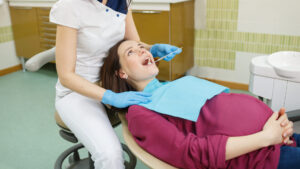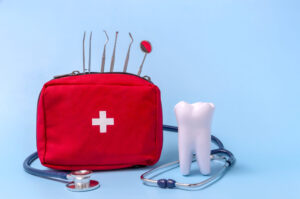Importance of Oral Hygiene
Understanding Oral Health
Maintaining good oral hygiene is essential for a healthy mouth and a confident smile. Oral hygiene involves the daily care and maintenance of your teeth, gums, and mouth to prevent dental problems and keep your breath fresh.
Taking care of your oral health goes beyond just brushing your teeth. It includes a combination of good habits, regular dental check-ups, and a healthy lifestyle. By prioritizing oral hygiene, you can avoid common dental issues such as cavities, gum disease, and bad breath, and maintain optimal dental health throughout your life.
Tips for Effective Oral Hygiene
Brushing Your Teeth
Brushing your teeth is the cornerstone of good oral hygiene. Dentists recommend brushing your teeth at least twice a day, preferably after meals and before bedtime. Use a soft-bristled toothbrush and fluoride toothpaste to gently clean all surfaces of your teeth, including the front, back, and chewing surfaces. Remember to brush your tongue as well to remove bacteria and freshen your breath.
Flossing Daily
In addition to brushing, flossing is crucial for removing plaque and food particles from between your teeth and along the gumline. Dental floss reaches areas that your toothbrush can’t, helping to prevent cavities and gum disease. Make it a habit to floss once a day, preferably before bedtime, to maintain optimal oral health.
Using Mouthwash
Mouthwash can complement your brushing and flossing routine by reducing plaque, fighting bacteria, and freshening your breath. Choose a fluoride or antibacterial mouthwash and use it as directed for maximum effectiveness. Incorporating mouthwash into your oral hygiene regimen can help prevent dental problems and keep your mouth feeling clean and healthy.
Eating a Balanced Diet
A balanced diet plays a significant role in maintaining good oral hygiene. Foods rich in vitamins and minerals, such as fruits, vegetables, lean proteins, and dairy products, support strong teeth and gums. Avoiding sugary snacks and beverages can help prevent tooth decay and cavities. Limit your intake of acidic foods and drinks, which can erode tooth enamel and contribute to dental problems. By eating a nutritious diet and avoiding harmful foods, you can promote overall dental health and prevent oral issues.
Maintaining Healthy Habits
Limiting Sugary Foods and Drinks
Sugary foods and drinks can contribute to tooth decay and cavities if consumed in excess. Sugars from foods and beverages combine with bacteria in your mouth to produce acids that attack your tooth enamel. To protect your teeth, limit your intake of sugary snacks, candies, sodas, and other sweet treats. Opt for healthier alternatives like fruits, vegetables, nuts, and water to satisfy your cravings and support good oral health.
Visiting Your Dentist Regularly
Regular dental check-ups are essential for maintaining optimal oral health. Your dentist can detect early signs of dental problems, such as cavities, gum disease, and oral cancer, and provide preventive care to address them. Schedule dental appointments at least twice a year for cleanings, examinations, and any necessary treatments. Your dentist can also offer personalized advice and tips for improving your oral hygiene routine and addressing specific dental concerns.
Conclusion
Good oral hygiene is vital for keeping your teeth and gums healthy and your smile bright. By following these simple tips and making oral hygiene a priority in your daily routine, you can prevent dental problems, maintain optimal oral health, and enjoy a confident smile for years to come. Remember to brush and floss regularly, use mouthwash, eat a balanced diet, limit sugary foods and drinks, and visit your dentist regularly for check-ups and cleanings. Your teeth and gums will thank you for it!
 Now
Now







